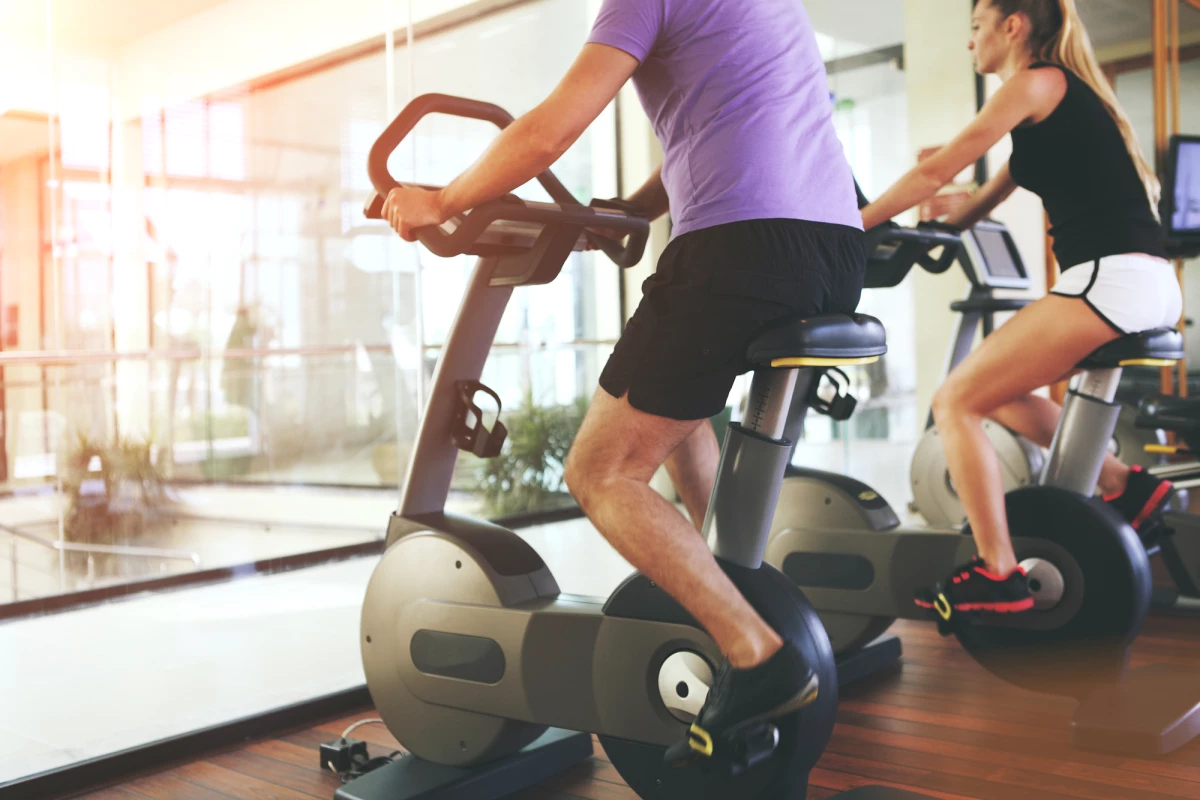Physical activity is known to correlate with lower rates of cancer, but lately we have begun to see discoveries that detail the biological mechanisms underlying this relationship. Further improving our understanding are scientists from Newcastle University who have shown how regular exercise can increase the concentration of cancer-fighting proteins in the blood, which slow tumor growth and limit damage to DNA.
While research has long associated regular exercise with a reduced risk of cancer, recent studies have drilled into the ways that it can actually prevent it taking hold. This includes discoveries around how it bolsters the activity of cancer-killing T cells, prevents the development of liver cancer in at-risk mice and induces the production of proteins in skeletal muscle that slow tumor growth. Studies have also shown that exercise can not only help prevent cancer, but help the body fight against it, too.
Shedding yet more light on the matter is the Newcastle University team, who were investigating exercise's relationship with bowel cancer specifically. The study is described as a proof of principle and involved 16 subjects between the ages of 50 and 80, all with risk factors for bowel cancer such as inactive lifestyles or being overweight.
Blood samples were taken and the subjects were made to complete a 30-minute indoor cycling session at a moderate intensity, with a second blood sample taken immediately after. Separate blood samples were taken on a rest day as a control.
Analysis of the blood samples showed that in those taken straight after exercise, levels of a cancer-fighting protein called interleukin-6 (IL-6) were elevated. The scientists subjected bowel cancer cells to the blood samples in the lab, and observed how they affected cell growth over a 48 hour period, which returned some noteworthy results.
Indeed, the samples collected straight after exercise were more effective at slowing cancer cell growth. These samples were also found to reduce DNA damage, which indicates that exercise may be a way of promoting stability within the cells.
“Previous scientific evidence suggests that more exercise is better for reducing bowel cancer risk as the more physical activity people do, the lower their chances of getting it," said study author Dr Sam Orange. "Our findings support this idea. When exercise is repeated multiple times each week over an extended period, cancer-fighting substances – such as IL-6 – released into the bloodstream have the opportunity to interact with abnormal cells, repairing their DNA and reducing growth into cancer.”
For their next steps, the scientists plan to investigate how exercise reduces DNA damage and exactly what types of exercise may be most effective when it comes to preventing cancer.
“Understanding these mechanisms better could help develop more precise exercise guidelines for cancer prevention," said Orange. "It could also help develop drug treatments that mimic some of the health benefits of exercise. Physical activity of any type, and any duration, can improve health and reduce bowel cancer risk but more is always better. People who are sedentary should begin by moving more and look to build physical activity into their daily routines.”
The research was published in the International Journal of Cancer.
Source: Newcastle University




